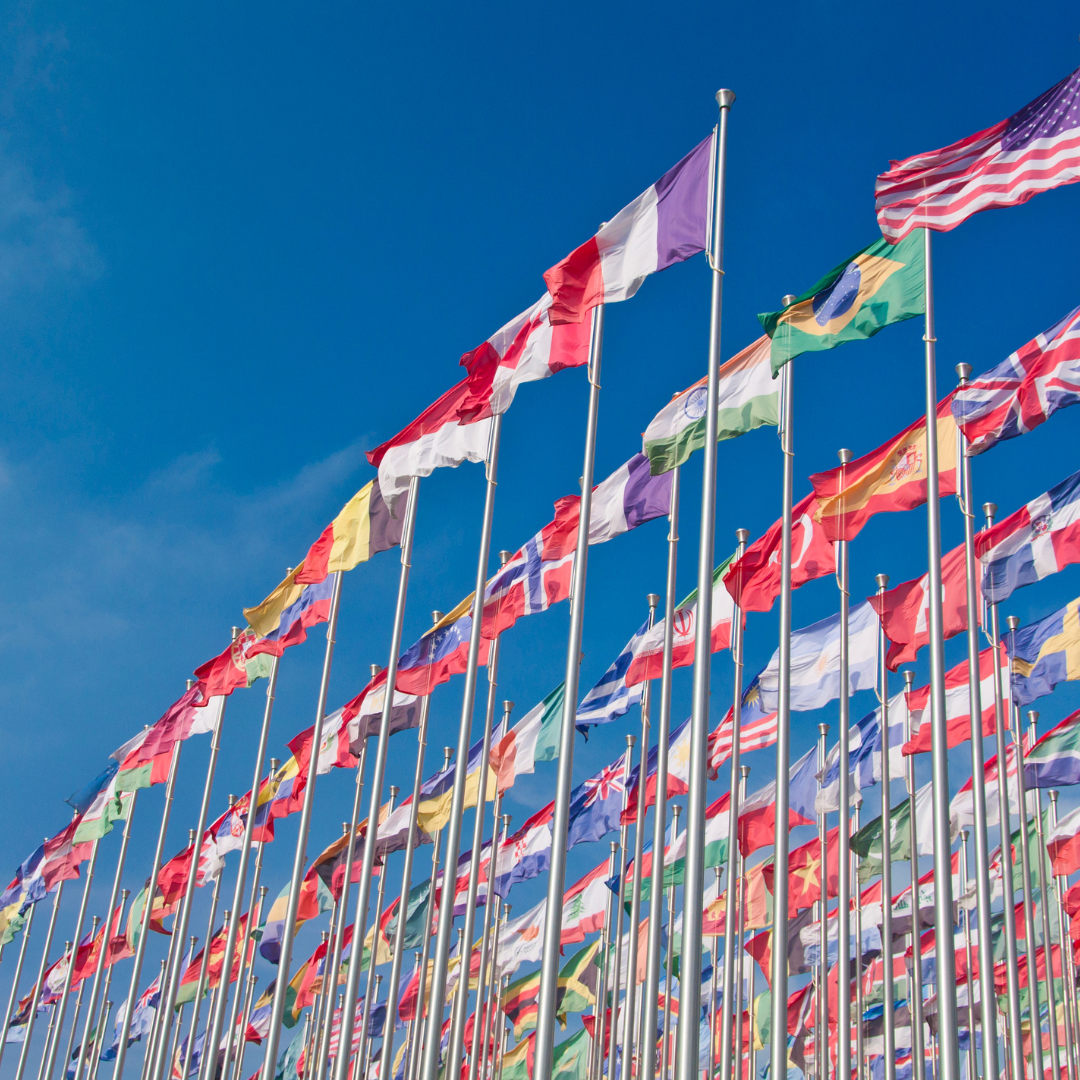Principle 10: what can we learn from its regional implementation through the Escazú Agreement?
The Escazú Agreement implements Principle 10 of the Rio Declaration, adapting it to the regional circumstances of Latin America and the Caribbean. A new political declaration should similarly ensure that we adopt forward-looking, malleable principles that are adaptable to the regional context, inviting the plurality of legal concepts.


